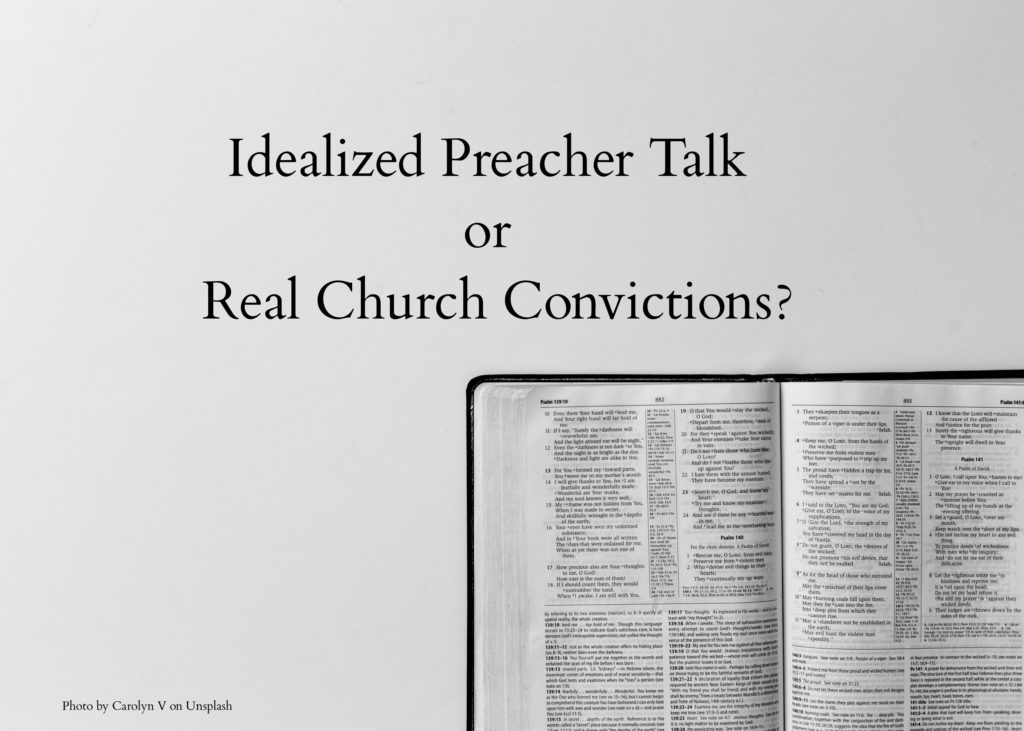
Every church struggles to get and keep volunteers. In most churches it goes something like this: Announce from the pulpit and run in the bulletin for a couple of weeks with no results. Finally an announcement from an elder or preacher shaming–begging–guilting someone into volunteering for the job gets someone. Yet, the church depends upon volunteers to do most all of its necessary jobs; from being elders all the way down to cleaning tables.
Our method of recruitment is simple, straightforward, and very ineffective! Bulletin and spoken announcements requesting volunteers is not the best method. You open yourself up to getting and accepting whoever volunteers. You demonstrate to the church that no one really wants to do this job, so they are begging for someone to take it again just like they did a few months ago. Rarely do you ever get any new volunteers or produce a system to train potential volunteers, you just continue to ride the burned out soldiers who feel bad to let the church down.
Isn’t there a better way?
The better way is called “shoulder-tapping.” Shoulder-tapping is when your existing leaders and volunteers believe it is their responsibility to “tap the shoulders” of other church members to invite them into ministry. This method is (pardon the pun) head-and-shoulders above the announce-and-beg method. When church members take the lead to find new blood to come alongside them in the ministry they tap into a desire that Christians naturally have of wanting connection and to work alongside others. They remove the anxiety and fears associated with stepping out there and doing it by themselves, and are mentored and trained naturally to accomplish the task. With this method the church gets a higher quality of service and more Christians feel connected to the body and as fulfilling their purpose for Christ.
My wife is great at shoulder-tapping. She is an outstanding children’s teacher. When she teaches she typically finds her own aid, someone who has not taught or been in the class before. She intentionally tries to find young ladies who we need to be teaching now and in the future. This past quarter she invited a young wife and mother to serve as her helper in the 1st-2nd grade Wednesday night class. She witnesses how Amanda teaches the lesson, controls the classroom, and does reinforcement activities. Then as the quarter progressed, the young lady began doing the memory verse reinforcement each week. Now as the new quarter started for the Spring, Amanda made her a complete copy of the curriculum. This next week, she is going to do the entire class with Amanda only teaching the Bible story. The goal they have discussed, as Amanda has let her determine her desires, is for her to be able to teach the entire class soon. That’s shoulder-tapping! This young lady had never signed up or volunteered to teach from a bulletin or oral announcement made quarter after quarter, but now she is going to be teaching a class because she was able to comfortably plug herself in, watch from a safe distance, and be trained over time.
Who’s shoulder are you tapping? The answer to the volunteer shortage we have in our churches is not more powerful sermons inspiring workers, not more training meetings, not more elder announcements; NO, it is shoulder-tapping one Christian to another!












